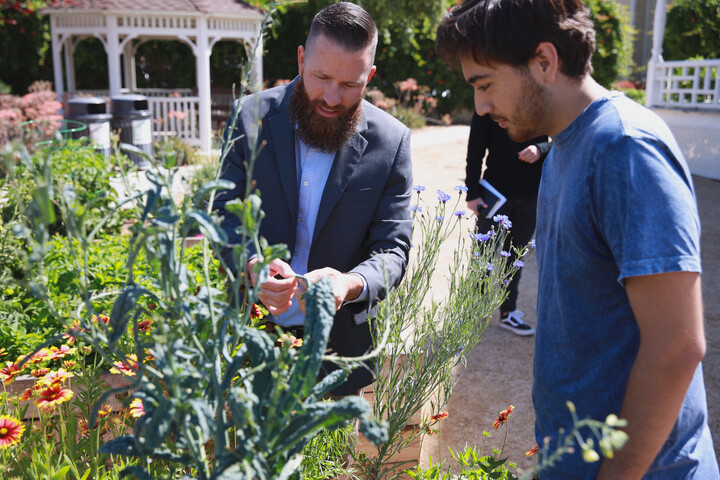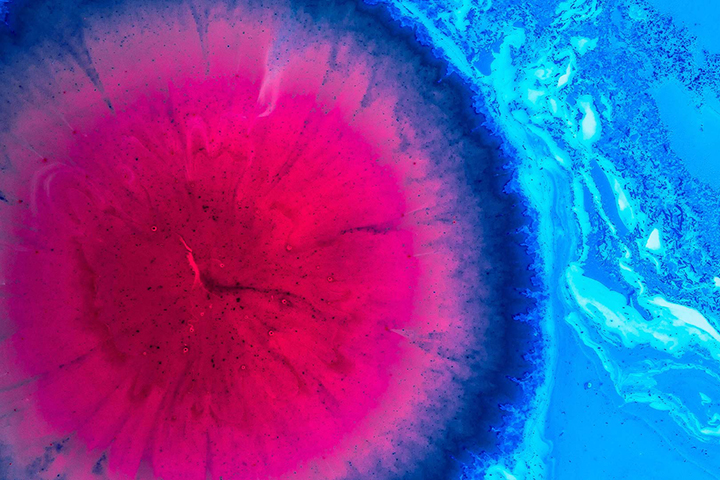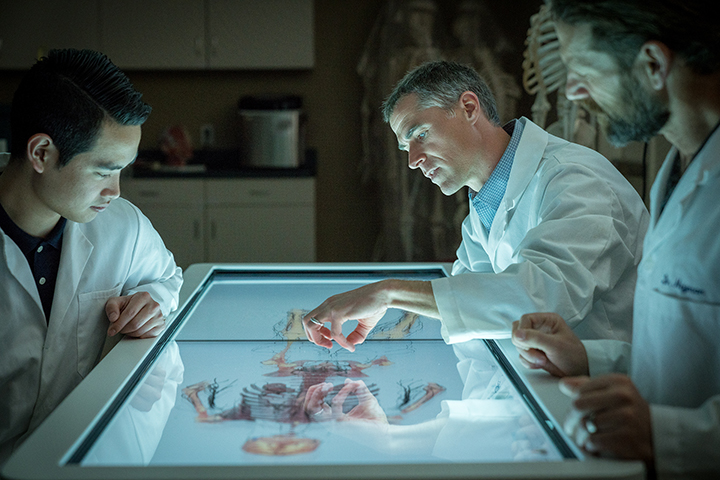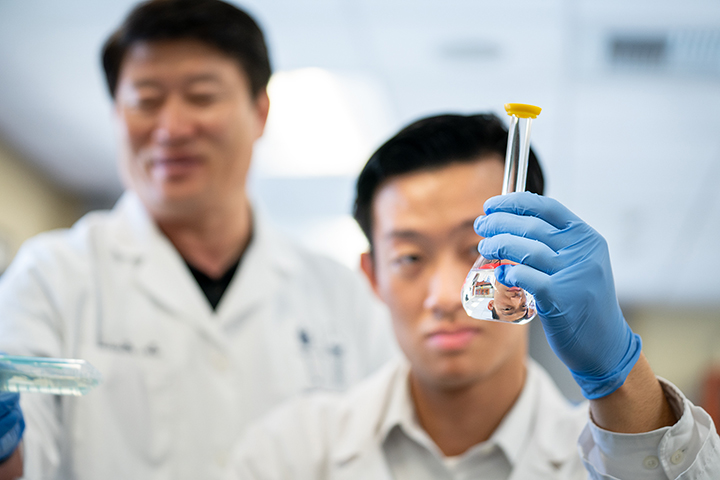
Environmental Science, BS
CBU's environmental science program prepares students to become environmental scientists who can help solve a wide range of environmental challenges.
Program Intro
Environmental scientists protect oceans and provide clean water to underprivileged communities. They study endangered species and help maintain natural habitats. They advise policymakers and help reduce waste. Their job is to think of solutions and help implement them to better the Earth for every creature living on it.

Why Study Environmental Science at CBU?
Research with faculty
Students work closely with faculty members and assist with research projects. This interaction helps students choose a career goal that fits their strengths.
Participate in clubs
Students can participate in the environmental science and biology clubs, which offer a wide range of fun and academic activities, including field trips, guest speakers and community service projects.
What You'll Learn
- We will track and assess the success of the environmental science program is to monitor
student employment and acceptance rates to graduate schools and post-graduation.
- Students will be able to critically analyze and discuss scientific journal articles.
- Students will be able to critically analyze and discuss selected contemporary and/or
controversial issues in environmental science, enabling them to be informed citizens
and participants in the public debate and discourse involving these issues.
- Students will demonstrate proficiency in accurately conveying scientific data both
orally and in writing.
- Students will apply their knowledge of environmental science through an in-depth research project and /or an internship related to the environmental sciences.
Program Details
BIO 302: Ecology with Lab
The study of the interrelations of plants and animals in relation to the environment. Field study and local ecology are emphasized.
ENV 360: Environmental Chemistry with Lab
Environmental chemistry is intended to provide the student with an understanding of the key environmental problems our world faces.
ENV 390: Stewardship of the Environment
Show the effect of humans on a local, regional, and global scale of biodiversity and environment.

Bonjun Koo, Ph.D., MSc.
Professor of Environmental Science
Program Director - Environmental Science
Office Phone: 951-343-4621
E-mail: BonjunKoo@calbaptist.edu
Office Location: James Building 186

Jacob Lanphere, Ph.D.
Professor of Environmental Science
Office Phone: 951-552-8383
E-mail: jlanphere@calbaptist.edu
Office Location: James 184
The Environmental Science program exists to promote an understanding and appreciation for the intricacies of the Environmental Sciences to equip our scholars to be faithful stewards of creation.

Student Opportunities: Lancer Farms and Gardens
The Lancer Farms and Gardens are planted on campus and include lavender and sunflowers, along with tomatoes, different types of lettuces and a citrus grove. The various plants and foods in Lancer Farms and Gardens are grown organically, without chemicals or synthetic fertilizers. A permaculture system allows the garden to utilize sustainable farming and gardening methods, along with creating a natural ecosystem. Students can utilize the garden in various classes or as part of extracurricular activities.
Career Possibilities
Graduates of CBU's environmental science bachelor's program will be well prepared for various careers and/or graduate school. Some careers listed below may require further education.
- Environmental Scientist
- Soil Scientist
- Botanist
- Air Quality Specialist
- Climatologist
- Environmental Lawyer
- Zoning Planner
- Land and Water Conservationist
- Forester
- Park Ranger
- Parks and Outdoor Recreational Director
- Environmental Science Writer
Related Programs
Next Steps
Join our community. At CBU, you’ll be challenged to become an individual whose skills, integrity, and sense of purpose glorify God and distinguish you in the world.






